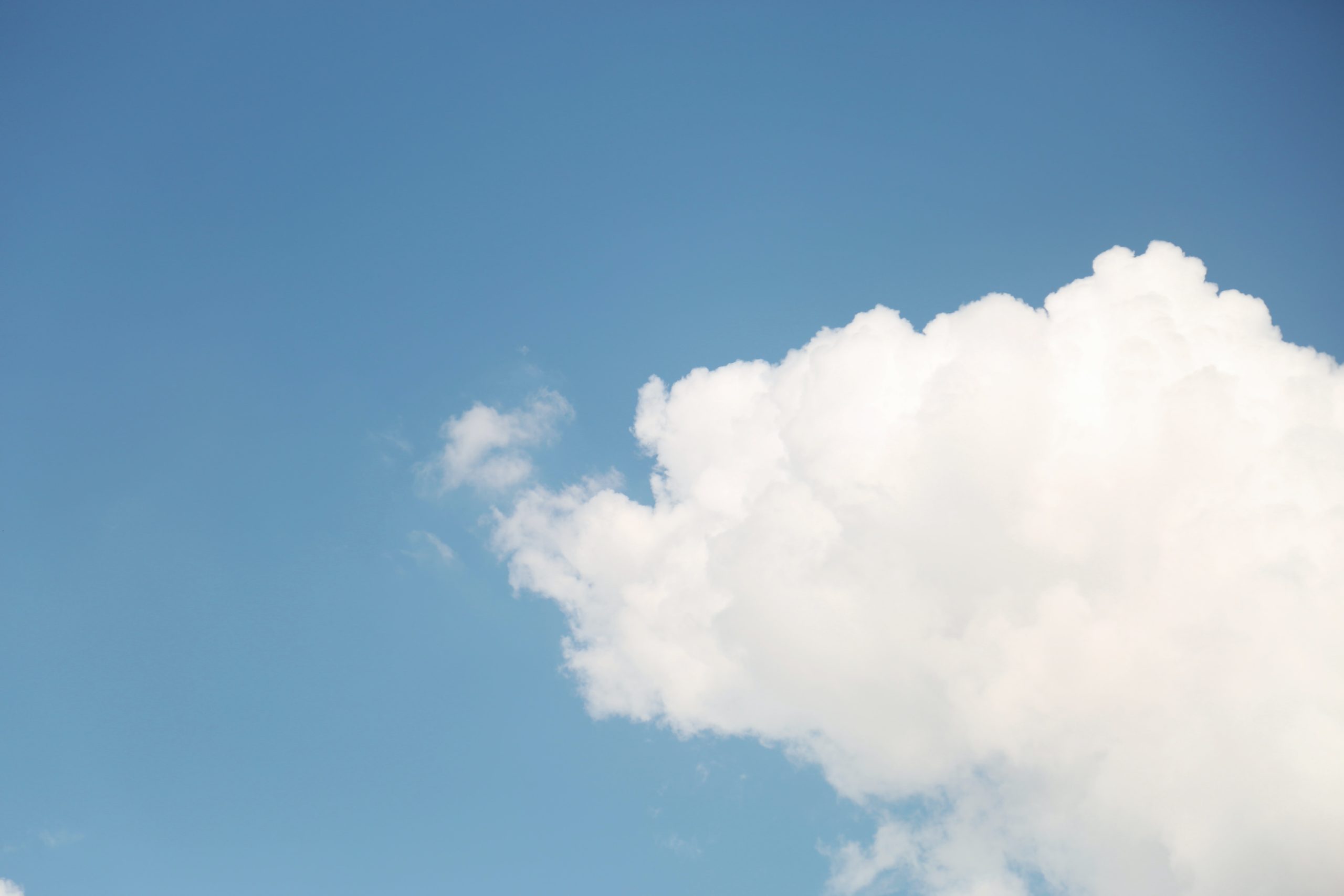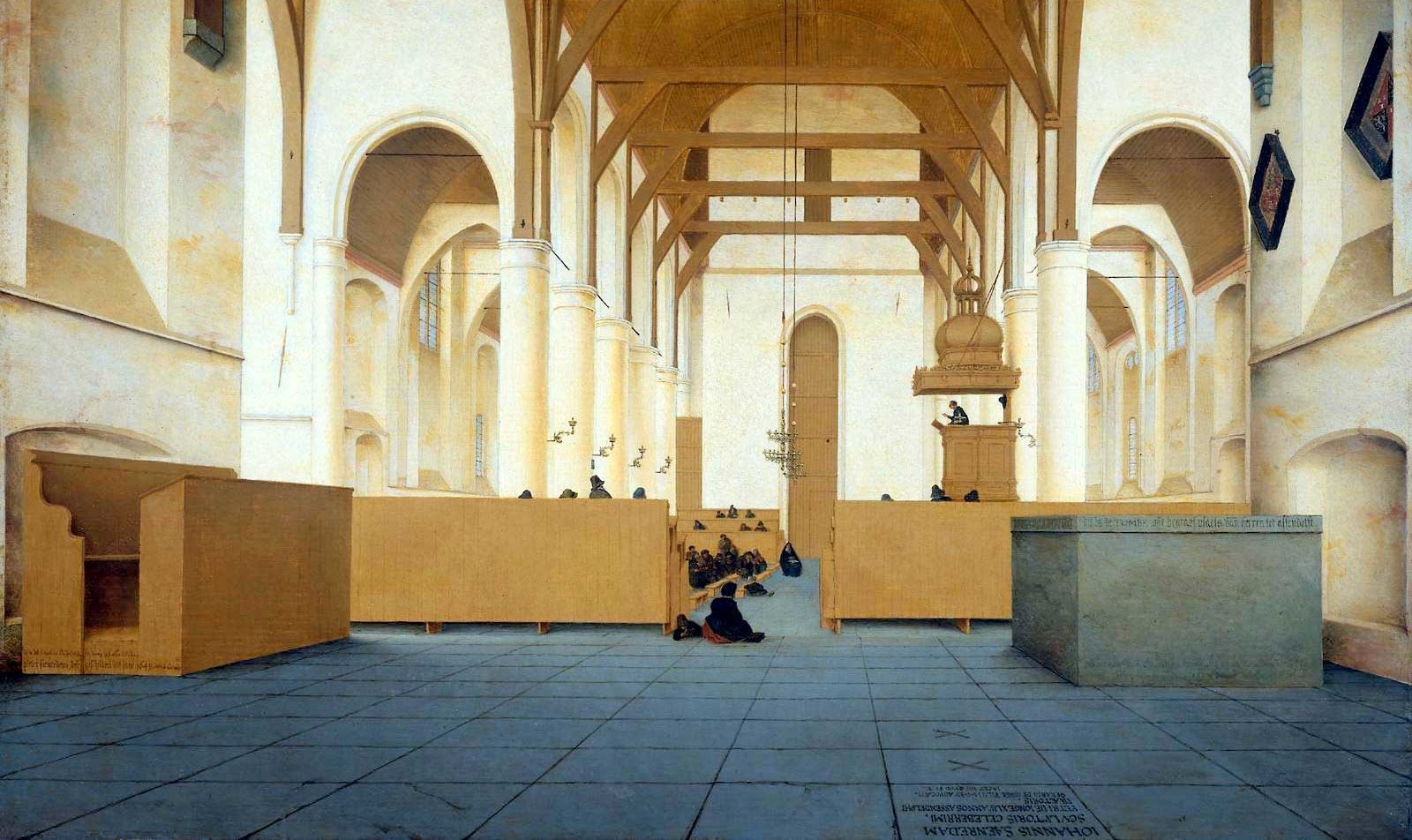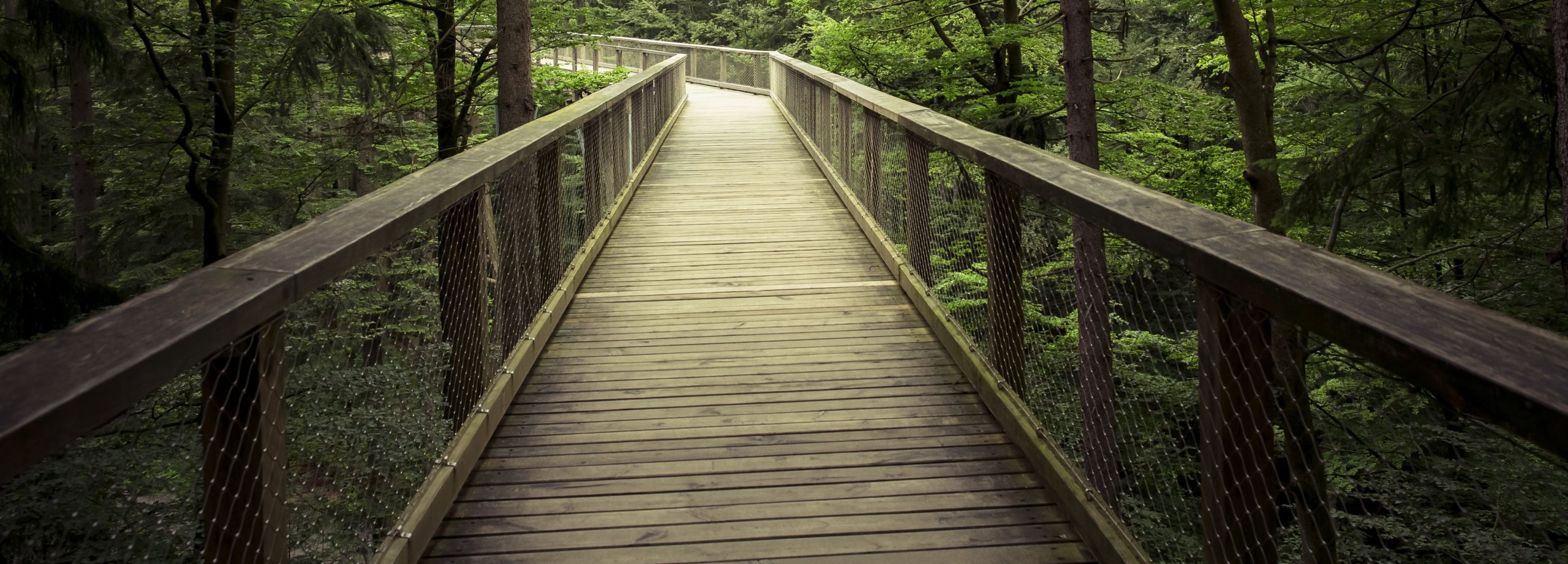“Life is not essential” is, in some ways, the lesson we are learning from coronavirus. By this I mean to lean, in part, on the distinction, not much heard before the pandemic but ubiquitous since it began, between essential and unessential workers. “Essential” quickly assumed a moral quality. There was scrutiny over what went under the heading—why liquor stores but not bookstores? There was judgment about what fell outside—deserved, in one sense, when you consider that many essential workers (grocery-store cashiers, food delivery drivers) make penury wages, something that was a moral outrage before and only became more so.
“Our society no longer believes in anything but bare life,” Giorgio Agamben wrote, in one of a series of briefly infamous missives critical of coronavirus-induced lockdowns. “It is obvious that Italians are disposed to sacrifice practically everything—the normal conditions of life, social relationships, work, even friendships, affections, and religious and political convictions—to the danger of getting sick.” As the protests that have spread throughout the United States and even worldwide over the killing of George Floyd have demonstrated, this was not exactly true. If some things are worth sacrificing the pleasures of life for, other things are worth risking life’s pains. The willingness to do both is encouraging, if you think those were the right decisions; not, if not. (For the record, not to be coy: I do.) Life is not essential in this other sense too: sometimes you risk it.
If some things are worth sacrificing the pleasures of life for, other things are worth risking life’s pains.
Most of us would identify Agamben’s list (“the normal conditions of life, social relationships, work, even friendships, affections, and religious and political convictions”) as the things that make life something richer than surviving. In this sense I have more sympathy for his point of view than perhaps one would expect. People who insist on casting resistance to this sacrifice as selfishness are taking a narrow view of a situation that is lonely, stressful, and in some cases financially disastrous. They are not looking squarely at, for instance, what it means to be home all the time if your home is itself dangerous.
But even if you’re in the best possible situation, employed and safe, there’s not much to do. Coronavirus has created a situation that is stressful enough to have practically destroyed my short-term memory but that is also, somehow, crushingly boring. You look out your window. Has everything simply stopped?
***
In Marlen Haushofer’s novel The Wall, a nameless, slightly pathetic middle-class widow—mother to two “rather unpleasant, loveless and argumentative semi-adults,” friend to various people who feel sorry for her—falls asleep in a friend’s hunting lodge and wakes to discover that she is the only person left in the world. The hunting lodge, suddenly pressed into service as a farm, is surrounded by an invisible wall, outside of which nothing remains alive but is instead eternally suspended. The Wall is the record that she keeps, even though nobody will ever be left to read it when she eventually dies.
Like Robinson Crusoe before her, our heroine inherits various objects she uses to survive as she suddenly and without any experience takes on trying to care for animals, grow crops, and keep house without any help; she remains painfully aware that as her supplies dwindle, they can’t be replaced. Her chores and her inventory are the only thing like a plot that The Wall has; it is a kind of masterpiece of tedium, the same thing over and over, punctuated only by sudden acts of violence. “I still had ten boxes of matches, about four thousand altogether,” she muses to herself.
According to my calculations I could last five years with these. Today I know I calculated more or less correctly; my supplies will last another two and a half years, if I’m very economical. . . . And yet I still nurture an insane hope. I can only smile upon it indulgently. With the same stubborn independence, as a child I had hoped that I should never have to die. I see this hope like a blind mole, crouched within me, brooding over his delusion. As I can’t drive him from me, I have to endure him.
I found myself thinking of this passage often as I sized up the sixteen rolls of toilet paper I’d purchased in the early days of March. I watched their number steadily tick down without being replaced. I can’t say that I was ever really afraid I would run out altogether. But everything I used reminded me that it would be frustrating to replace. And during the stretch of the pandemic when really nobody was out, it did feel a little like I was living in an empty city with just my dog, demanding his daily walks, for company. Of course, I wasn’t; there were lots of people. But it’s a weird thing in New York to be able to walk for any stretch in the middle of the day and see nobody else.
The Wall is a book that is grim and kind in equal measure, attentive to the textures of a life that has been stripped down. In this new world there are new beauties and new opportunities for tenderness. “I have always been fond of animals, in the slight and superficial way in which city people feel drawn to them,” our heroine tells us. “When they were suddenly all I had, everything changed. There are said to have been prisoners who have tamed rats, spiders and flies and begun to love them. I think they acted in accordance with their situation.” It is full of absence and yet it is never clear there is anything about the old world worth missing.
What we would do if we were suddenly the only person in the world is a kind of fantasy. Where exactly it stems from, I don’t know. It’s older than Robinson Crusoe. In Hayy ibn Yaqzan, a twelfth-century text I read years ago, a baby, stranded on an island with no other people on it, grows up to intuit every branch of knowledge—astrology, natural sciences, Sufism—simply through careful observation of his surroundings. Islands are where evil geniuses go to build their machines, where the rich retreat, where Darwin goes to notice a thing or two about finches. Islands (per John Donne) are what we aren’t, which is maybe part of their whole appeal.
Islands are where evil geniuses go to build their machines, where the rich retreat, where Darwin goes to notice a thing or two about finches. Islands (per John Donne) are what we aren’t, which is maybe part of their whole appeal.
In The Wall, one question that’s never answered, or even really asked, is: What happened? Our heroine is not equipped to answer. Nor would the answer be of any use to her if she had it—it’s not as if, armed with flint and some twigs, she could reverse this doomsday scenario. Too, whether it—whatever it was that happened—was a good or bad thing is in a way ambiguous. The person the woman has become is different from her old self; she is lonely and despairing, and yet she doesn’t really miss her children or her friends and finds her old life “unsatisfactory in all respects,” describing her old self as a “woman with the little double chin, who tried very hard to look younger than her age,” “a tormented, overtaxed woman of medium intelligence.”
But this ambiguity is a part of the island fantasy: the isolation is craved even as it’s understood to be untenable, which is why in all of these stories, some final reunion with mankind is necessary; islands represent both total control and lack of it, unchosen domains that belong to you alone. In her poem “Crusoe in England,” Elizabeth Bishop imagines Defoe’s hero remembering his lonely time on the island (until Friday, his companion, came) from the perspective of his lonely time in England, “another island / that doesn’t seem like one,” back with mankind, bored, and mourning the deceased Friday.
Mankind reappears in The Wall too; a man, somehow living unknown all this time in the same space as our narrator, emerges and kills her bull and her dog with an ax before she shoots him. “Life could have been lived differently,” she writes, sometime after this event has taken place, but before she has told us about it.
There is no impulse more rational than love. It makes life more bearable for the lover and the loved one. We should have recognized in time that this was our only chance, our only hope for a better life. For an endless army of the dead, mankind’s only chance has vanished for ever. I keep thinking about that. I can’t understand why we had to take the wrong path. I only know it’s too late.
If the earlier parts of The Wall were like the beginning of lockdown, here we find ourselves in June. Faced with the possibility that they might not be the last people on earth after all, the two people instantly engage in a race to kill the other first. The love that can be summoned for a vanished mankind is not the sort of love that can be summoned up for the ax-wielding maniac who has just bashed in the head of your bull. Life was, in the end, lived just the one way.
The love that can be summoned for a vanished mankind is not the sort of love that can be summoned up for the ax-wielding maniac who has just bashed in the head of your bull. Life was, in the end, lived just the one way.
***
It seems likely to me that things are only going to get worse. Not necessarily with the disease—though, sure, why not—but with the disease’s cascading effects. People will continue to lose jobs. Small businesses will disappear, which they were already doing, pre-pandemic, at a rapid rate in my neighborhood. Some of these spaces have probably stood empty for over a year. The struggles of parenting children while trapped in the house all the time, or of teaching and learning remotely, or of enduring just plain loneliness, are not going to get better. Children who are trapped in unsafe homes or who relied on school lunches to eat are not suddenly going to be living in safer, more stable situations.
And so the question that, I suppose, I find myself returning to is just what we can do in a situation that only gets worse. What does it mean to practice a virtue like hope, for instance, which as Christians we’re told we must do? And maybe I don’t really know what it means to be hopeful, even though I know hope does not mean simply believing that things will get better. I know something about what love is and something about what faith is. Peace, patience, prayer, repentance, forgiveness, sure. But it occurs to me now, for the first time, that I have almost no conception of hope at all. But if hope is essential, I find myself at a loss at how to practice it.
In The Wall, hope is a kind of stupid behavior people can’t help but indulge in—the blind mole, endured, never conquered. But my issue is not an unquenchable hope but figuring out what I should do in order to hope in the first place. So I find myself, here, in my apartment, a little after midnight, doing an embarrassing thing, which is picking up the various spiritual books I have accrued and seeing if they can help me. I check their indexes for “hope”; I flip through, to see if random chance is going to toss me a bone.
Aquinas and the Catechism both tell me that hope concerns eternal happiness, which is helpful and not all that helpful at the same time. Maybe hope is only for heaven, and only metaphorically applicable to other things. In Gertrude of Hackeborn’s Spiritual Exercises, I find a comforting line: “O dulcet Mercy of God, full of loving-kindness and clemency, behold, miserable in the pain and anxiety of my heart, I take refuge in your lovingly-kind counsel because you are all my hope and trust. You have never disdained a miserable man.”
I wish I knew how to exhort people to hope. But maybe that is enough for now: to be able to say that God has never disdained a miserable man, and to trust that this is true. Because I’m miserable, God. And I don’t know how to hope. So show me.





